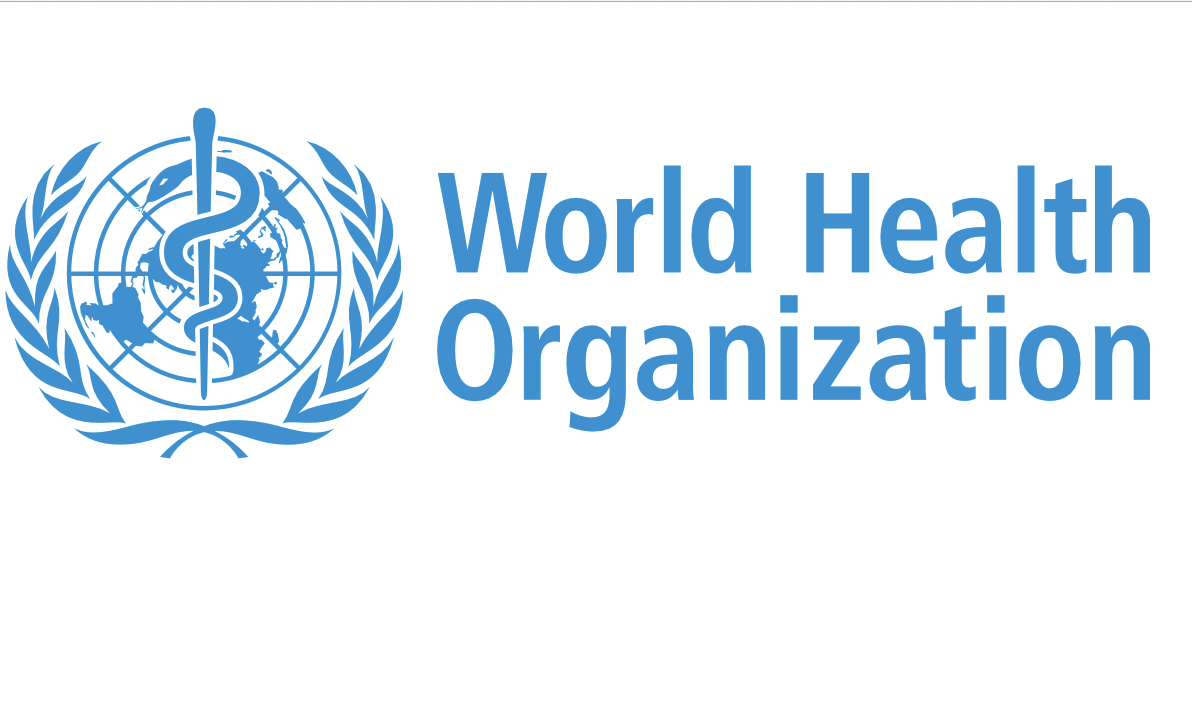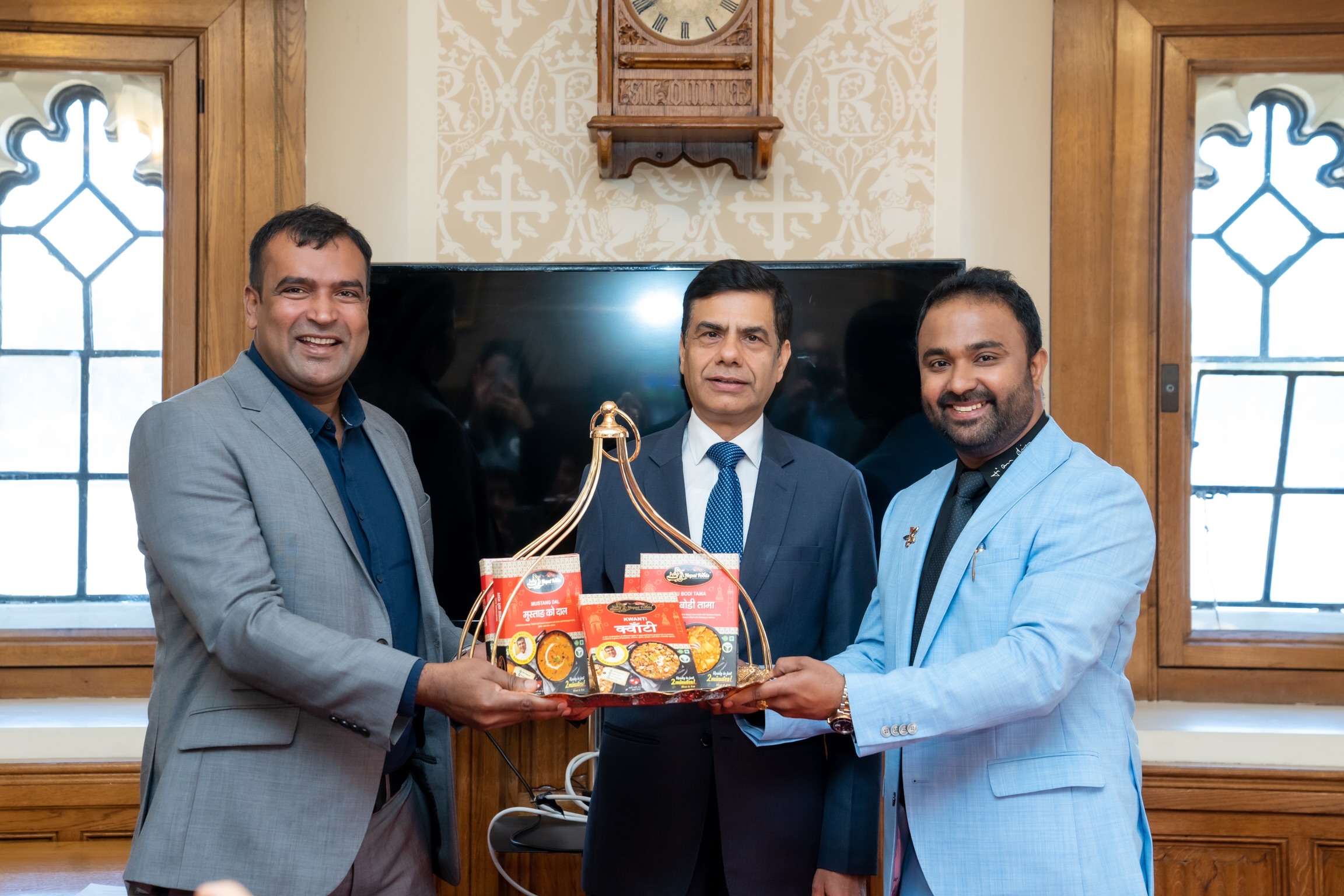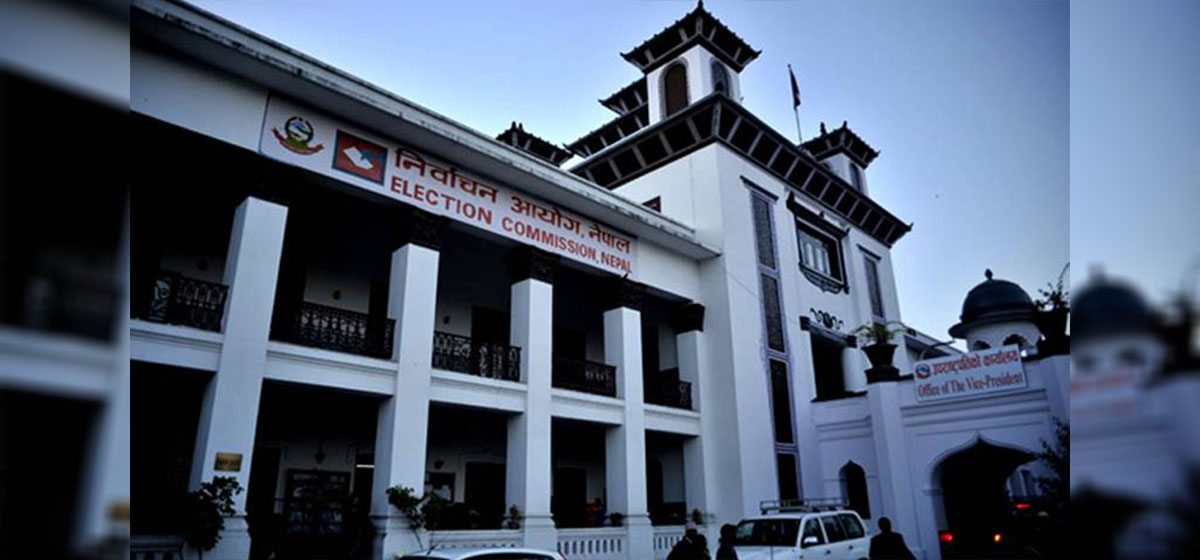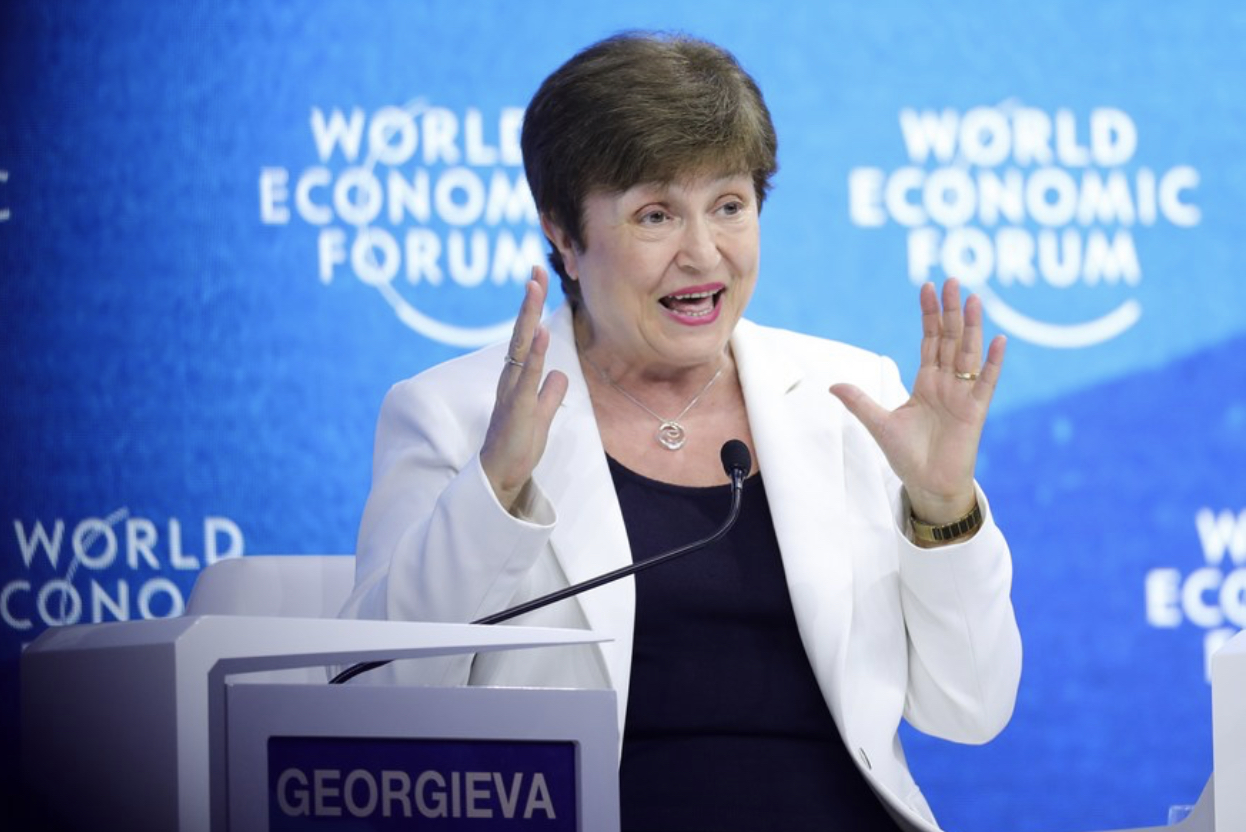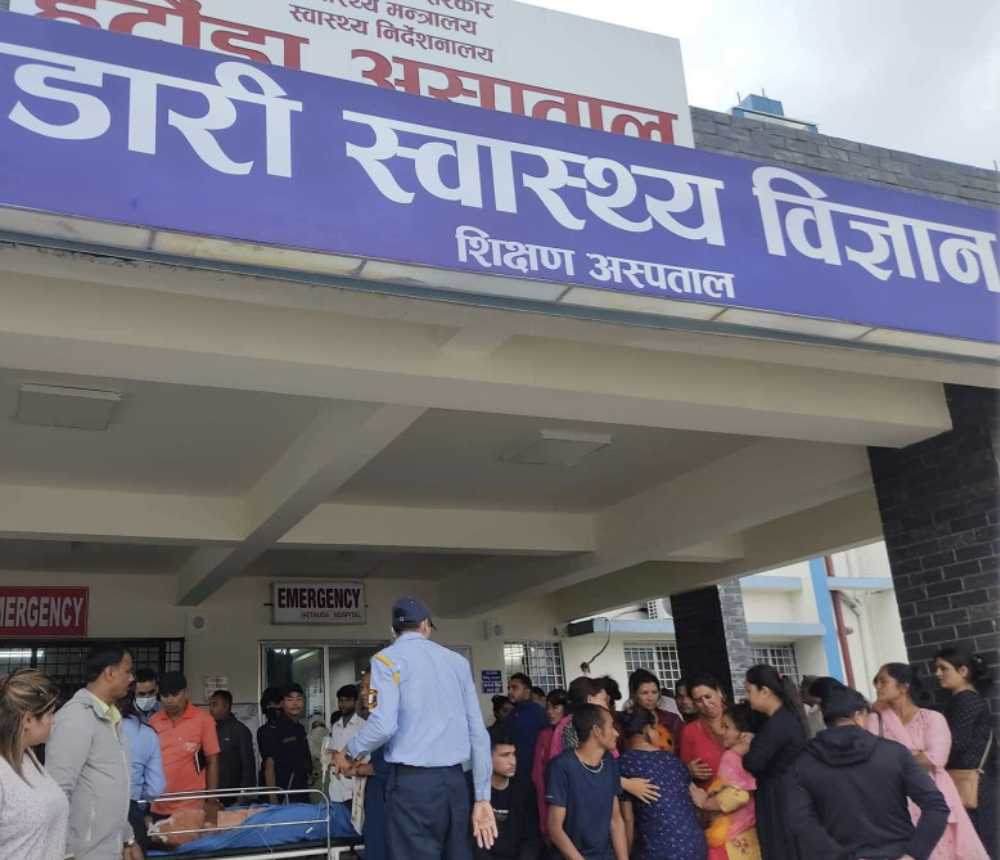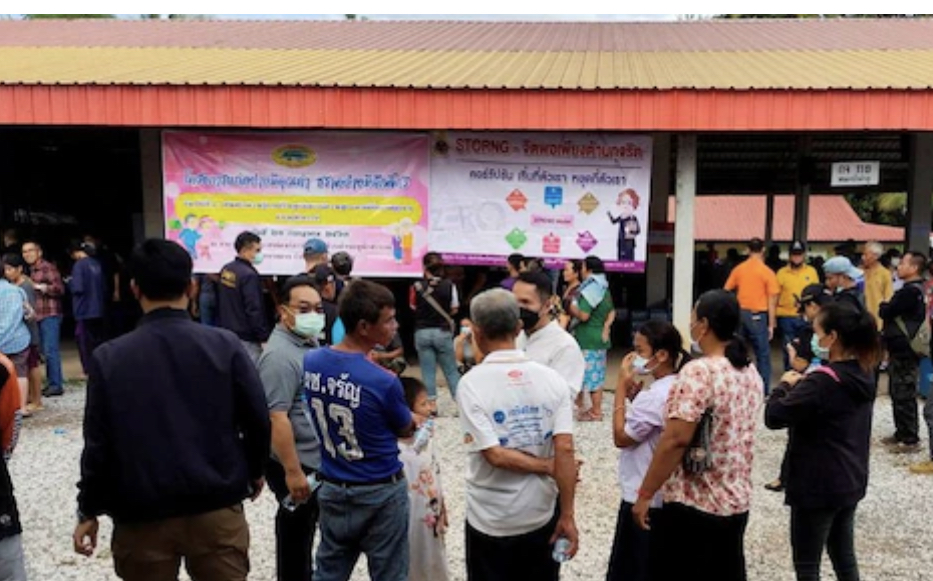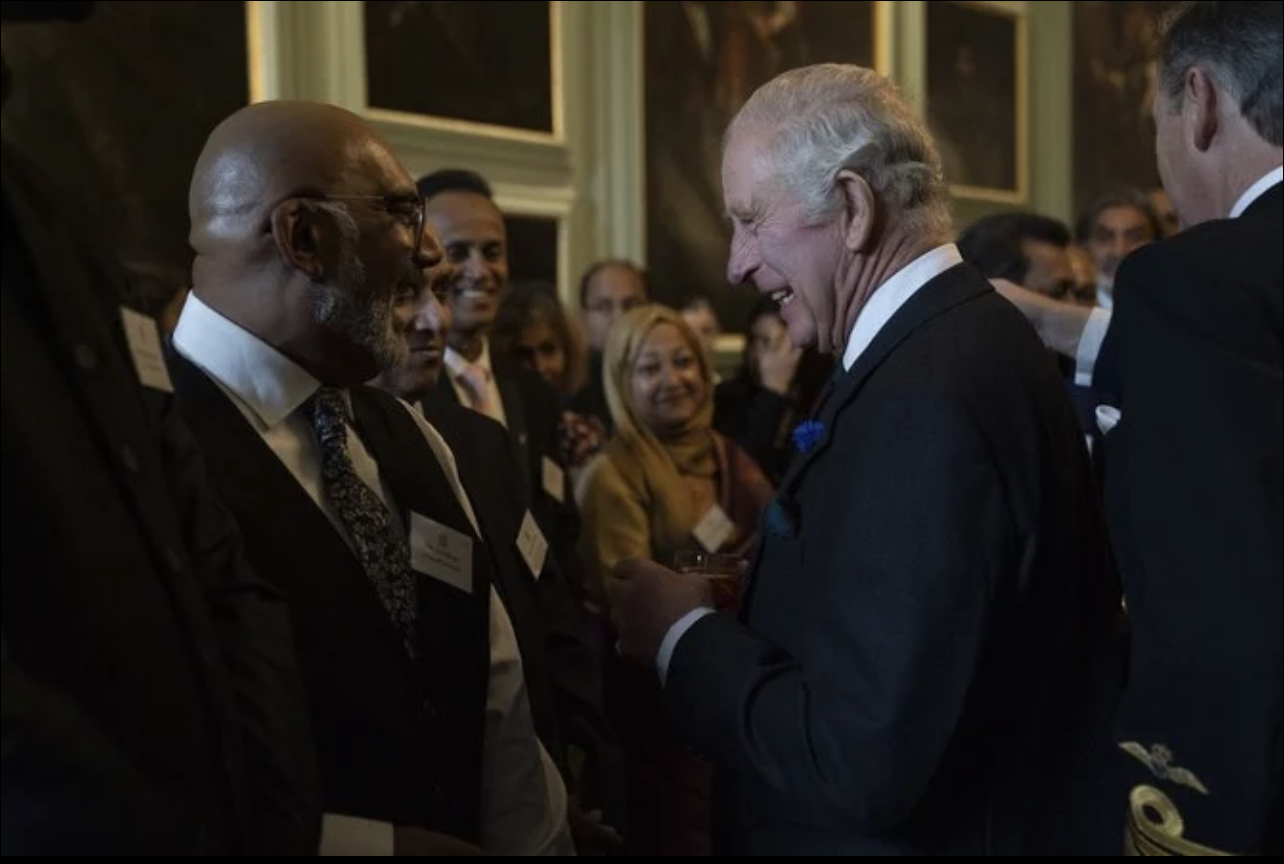Kathmandu , WHO — Dengue is endemic in Nepal. The country is experiencing a surge in cases that started from the week commencing 8 August to 26 August. Between January to 28 September 2022, a total of 28 109 confirmed and suspected dengue cases and 38 confirmed deaths due to dengue have been recorded, affecting all seven provinces. The causative serotype(s) is unknown. This represents the largest dengue outbreak in Nepal with regard to the cumulative number of cases reported nationwide per year.
Description of the outbreak
Between January and 28 September 2022, a total of 28 109 suspected and confirmed cases of dengue fever including 38 confirmed deaths (overall CFR 0.13%) have been reported from all seven provinces of Nepal, affecting all 77 districts in Nepal (Figure 1). Bagmati province which is the second-most populous province has reported the highest number of cases (78.2%) and deaths (68.4%).
According to the Epidemiology and Disease Control Division (EDCD) of the Ministry of Health and Population, the highest number of new cases in 2022 have been reported in the districts of Kathmandu (n=9528; 33.8%), Lalitpur (n=6548; 23.2%), and Makwanpur (n=2776, 9.8%).
Data on demographics was available for 23% of cases (n= 6734) of which 76% (5175/6734) were aged 15-59 years old, and 54% were males (n=3637). As of 28 September, 38 deaths have been verified, of which males and cases aged 15 – 59 years old each accounted for 55% (n=21) of reported deaths. Cases aged over 60 years old accounted for 39% (n=15) of reported deaths.
Dengue cases have increased since July coinciding with the rainy season with majority of the cases reported during September (83.6%; n=23 514)
The proximity of mosquito vector breeding sites to human habitation is a significant risk factor for dengue virus infection. Although dengue does not spread from human to human, mosquitoes can become infected after biting infected individuals. This cycle, therefore, makes the infected mosquito capable of spreading the dengue virus among households and in the neighbourhood, leading to clusters of cases.
The prevention and control of dengue depend on effective vector control. WHO does not recommend that any general travel or trade restrictions be applied to Nepall. WHO promotes a strategic approach known as Integrated Vector Management (IVM) to control mosquito vectors, including Aedessubspecies (the vector of dengue). IVM should be enhanced to remove potential breeding sites, reduce vector populations, and minimize individual exposure. This should involve vector control strategies for larvae and adults (i.e., environmental management and source reduction, and chemical control measures), as well as strategies for protecting people and households.
Vector control activities should focus on all areas where there is a risk of human-vector contact (place of residence, workplaces, schools and hospitals, and construction sites in Kathmandu Valley). Vector control activities can include covering, draining, and cleaning household water storage containers on a weekly basis. Space spraying with insecticide can be deployed as an emergency measure. Chlorination and application of suitable larvicides/insecticides for water storage in outdoor containers should also be considered.
Personal protective measures during outdoor activities include the application of repellents to exposed skin or clothing, and the wearing of long sleeves shirts and trousers. Indoors, additionally, protection can include the use of household insecticide aerosol products or mosquito coils. Window and door screens, as well as air conditioning, can reduce the probability of mosquitoes entering the house. Insecticide-treated nets offer good protection to people against mosquito bites while sleeping during the day. Since Aedes mosquitoes are active at dawn and dusk, personal protective measures are recommended particularly at these times of the day.
There is no specific treatment for dengue infection, but early detection of warning signs and timely access to appropriate clinical management (including referral to an appropriate health care facility) reduce the risk for severe dengue complications and mortality. Vector and human case surveillance should continue to be enhanced in all affected areas and across the country. Where feasible, resources should be allocated for the strengthening of a sample referral mechanism for the confirmation and sub-typing of dengue virus.
WHO does not recommend that any general travel or trade restrictions be applied to Nepal based on the information available for this event.




